(Sussy) Imposter Syndrome
Blog post by Sarah Zhao
Image Source: InnerSloth
“Red is mad sus ngl.” These words were assaulted onto the chat screen of my device as I desperately fought to evict my red crewmate. This game focused on deceit, trust, and wit, highlighted my ideal way to spend a Saturday afternoon cooped up in bed. However, sometimes the real imposter among us cannot be seen. Just as how the imposter in the hit game Among Us can sabotage tasks, the imposter of our minds can sabotage ourselves. The idea of imposter syndrome is connected to the feeling of being a fraud. People begin to believe their achievements were made not through one’s own skill but mainly through luck. Imposter syndrome is related to perfectionism and the pressure to achieve. When people become conditioned to feel the need to achieve in order to be worthy of love and admiration, they begin to tie their self-worth to their achievements at an unhealthy level. Imposter syndrome directly affects an individual’s well-being in a negative way. It is “strongly linked to increased anxiety and depression” (Palmer). Alongside this, imposter syndrome also causes problems among personal relationships due to fear of being “found out” as being a fraud of sorts. Imposter syndrome is especially prominent among BIPOC (black, indigenous, and people of color). For Asian Americans who are often seen as model minorities, this can be especially damaging due to influences from family and peers. These influences and pressures can include constant comparisons from family or friends and pressure to become the “Golden Child”. As a result, recognizing imposter syndrome itself can be incredibly difficult and may take several years.
In order to address feelings of imposter syndrome, there are different ways to tackle the problem at hand. The first is to recognize your achievements and your strengths. Everyone has areas they do well in and areas that could use some improvement. This is a natural occurrence, and it’s perfectly alright to be imperfect. We have to accept that not everyone is a genius and that’s okay, most people don’t find major breakthroughs in science or perform some extraordinary feat that captures the global audience. The second is to talk to a mentor or someone that can help, like a licensed therapist. By expressing inner feelings, thoughts and emotions, it can be relieving and grounding to have someone there to reaffirm the irrationality yet also normality of how you feel and think. Finally, it is crucial to end the toxic mindset that your successes and failures define you when they really don’t. This can look like not feeling worthy of love after failing to succeed, obsessive perfectionism, or self doubt after not gaining as much attention and praise you may have hoped for after achieving something. Because of this, it is imperative to end the unhealthy cycle of overcritical views of yourself which will allow for more room for appreciation and self-love.
To give an example of imposter syndrome, I will be providing a bit of background regarding my own experiences with imposter syndrome and why I chose to discuss this topic. As an Asian American woman, it is not uncommon for me to experience similar occurrences of imposter syndrome. In STEM relevant clubs or organizations where I am the sole woman in the club, I am dubbed the “honorary member” for being a woman yet I am not as valued as the male members. When interacting with my peers in and outside of school, my voice is consistently ignored whether it be because I am Asian and therefore “submissive and docile” or whether I am a woman and therefore “second to men”. In my case, I often feel that I have to work twice as hard to earn half the credit a man or someone of another race would get. It is infuriating and absolutely frustrating how harmful and overlooked these societal responses are. Subtle, clear evidence of bias are displayed throughout the media’s sexualization of women, Hollywood’s exotification of Asians (particularly Asian women), existent racial stereotypes, and other outlets of modern minority profiling. These inherent biases play critical roles in the development of our judgment of others and the world around us. Because of these negative experiences, I often have subconscious thoughts that undervalue my own capabilities or feelings of guilt for achieving certain goals I earned “out of sheer luck”. Sometimes, I have panic attacks out of anger due to never feeling like I was enough. Recently, I have been able to identify the irrationalities in my thoughts and feelings by taking into consideration another person’s perspective. What I would do is ask a trusted friend to help me deconstruct my overly critical views of myself and we would discuss the lack of credit I give to myself. However, getting rid of the irrationalities is a hurdle I have yet to overcome. My mind knows that I’m overanalyzing myself, but the emotion in my heart overwhelms me and I can’t help but give in to the subconscious destructive thoughts. I am sure others share similar experiences with me, my story is only one of many that highlight how exhausting it is to erase the control of imposter syndrome.
Imposter syndrome is not a myth, it is a real phenomenon that 82% of people have had to face (Palmer). Yet, not many are aware of what it truly is or why it occurs. Spreading awareness is the first step to breaking the cycle that needs to be addressed. To those who suffer from a low self-esteem due to societal influences of not being enough or not fitting into societal standards enough, it is important to remember that your own worth is determined through how you view yourself, not how others may view you.
Citations:
https://www.apa.org/gradpsych/2013/11/fraud
https://www.apa.org/monitor/2021/06/cover-impostor-phenomenon

